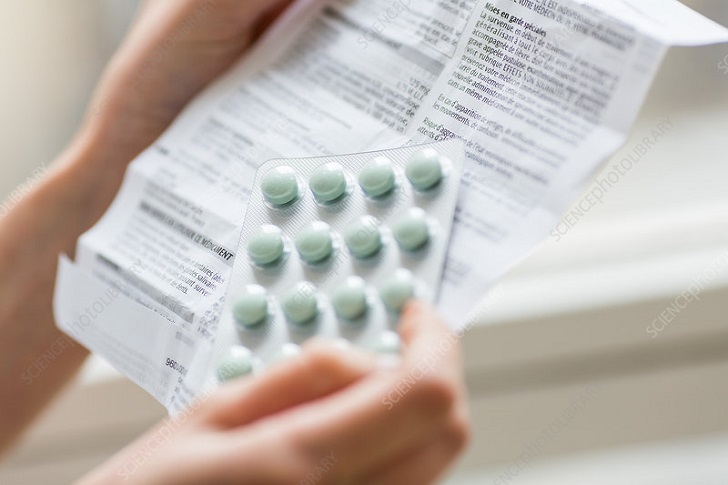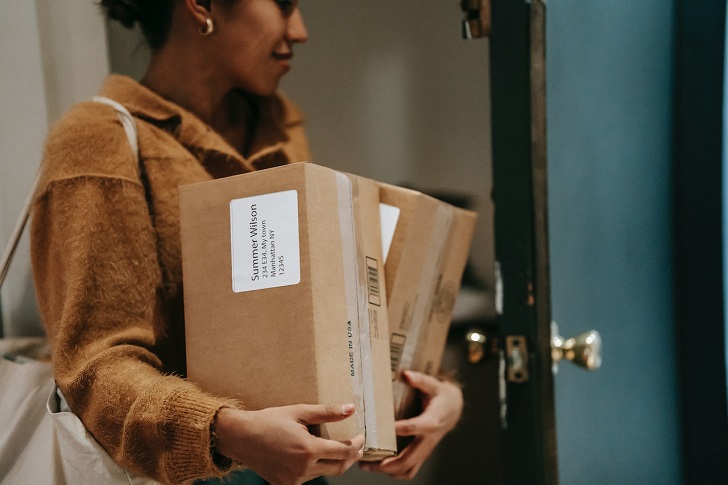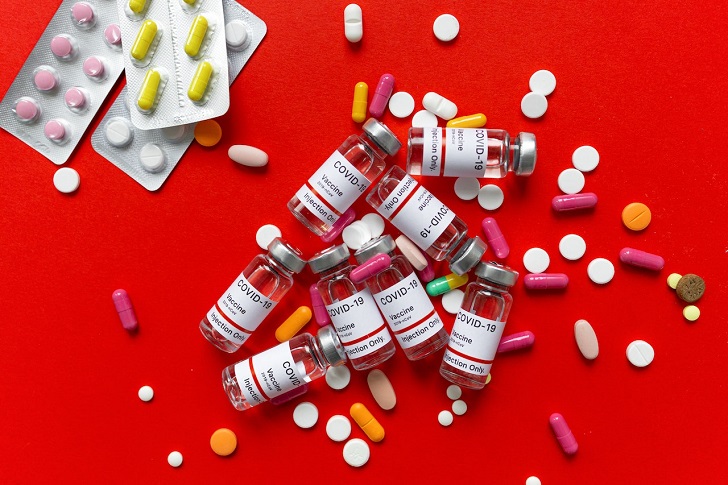Unused or expired medications, if not disposed of correctly, can pose considerable risks to both our health and the environment. While flushing them down the toilet or discarding them in the trash might appear convenient, these actions can result in harmful outcomes.
This article will delve into safe and responsible methods for disposing of unused medicines, aiming to safeguard our well-being and the planet.
Why Proper Medication Disposal Matters
Preventing Accidental Poisoning
Leaving unused medications around the house can be hazardous, especially for children and pets. Accidental ingestion of these drugs can lead to serious health complications or even fatalities. Proper disposal helps eliminate this risk and ensures the safety of your loved ones.
Avoiding Misuse and Abuse
Unused medications can be tempting targets for individuals struggling with addiction. Proper disposal ensures that these drugs don’t end up in the wrong hands, contributing to the opioid epidemic and other substance abuse issues.

Karolina Grabowska/ Pexels | Don’t let your medicine cabinet become a danger zone.
Protecting the Environment
Improper disposal of medications can result in contamination of our water supply. When flushed down the toilet or thrown in the trash, pharmaceuticals can end up in rivers, lakes, and groundwater, affecting aquatic life and potentially harming humans who consume water from these sources.
Where to Dispose of Unused Medicines
Local Medication Drop-Off Programs
Many communities offer local medication drop-off programs, often run by pharmacies, law enforcement agencies, or environmental organizations. These programs provide safe disposal options, ensuring that medications are properly collected and disposed of by trained personnel. Check with your local pharmacy or government website for a nearby drop-off location.
National Prescription Drug Take-Back Events
The Drug Enforcement Administration (DEA) in the United States organizes National Prescription Drug Take-Back events periodically. These events offer safe disposal options for unused or expired medications at designated collection sites across the country. Keep an eye on local news or visit the DEA’s website for information on upcoming events.

Liza Summer/ Pexels | A clean environment begins with responsible medication disposal
Mail-Back Programs
Some pharmacies and organizations offer mail-back programs allowing you to dispose of medications through mail safely. You’ll receive a special envelope or container to package your unused drugs, which can then be mailed to a facility for proper disposal. This option is especially convenient if you can’t access local drop-off programs.
Authorized Collection Sites
In some areas, authorized collection sites, often in pharmacies, hospitals, or government buildings, accept unused medications for safe disposal. These sites follow guidelines to ensure proper disposal, preventing environmental contamination and misuse.
How to Properly Dispose of Unused Medicines
Keep Medications in Their Original Containers
When disposing of unused medications, leaving them in their original containers is essential. This helps identify the drug and its expiration date, which can be crucial for safety reasons. You can mark out personal information on the label for privacy.
Remove Personal Information
Before discarding the container, it’s advisable to eliminate or obscure any personal details, such as your name, address, and prescription number, to safeguard your privacy.

Maksim Goncharenok/ Pexels | An ounce of proper disposal is worth a pound of potential harm.
Mix with Undesirable Substances
Add an undesirable substance like used coffee grounds, kitty litter, or dirt to the medication container to deter misuse. Seal it tightly and place it in the trash. This makes the medication less appealing to anyone rummaging through the garbage.
Don’t Crush or Break Pills
Unless the medication label specifically instructs you to do so, do not crush or break pills before disposal. Some drugs can be harmful when inhaled, and crushing them can release potentially harmful particles.
Responsible Medication Disposal
Disposing of unused medications by flushing them down the toilet or sink is discouraged due to the potential contamination of water sources. This practice can contribute to environmental issues and even foster antibiotic resistance.
Adherence to Disposal Guidelines
Certain medications, particularly controlled substances, may come with specific disposal instructions. It’s essential to heed the guidance provided by your healthcare provider or pharmacist when disposing of these drugs.




